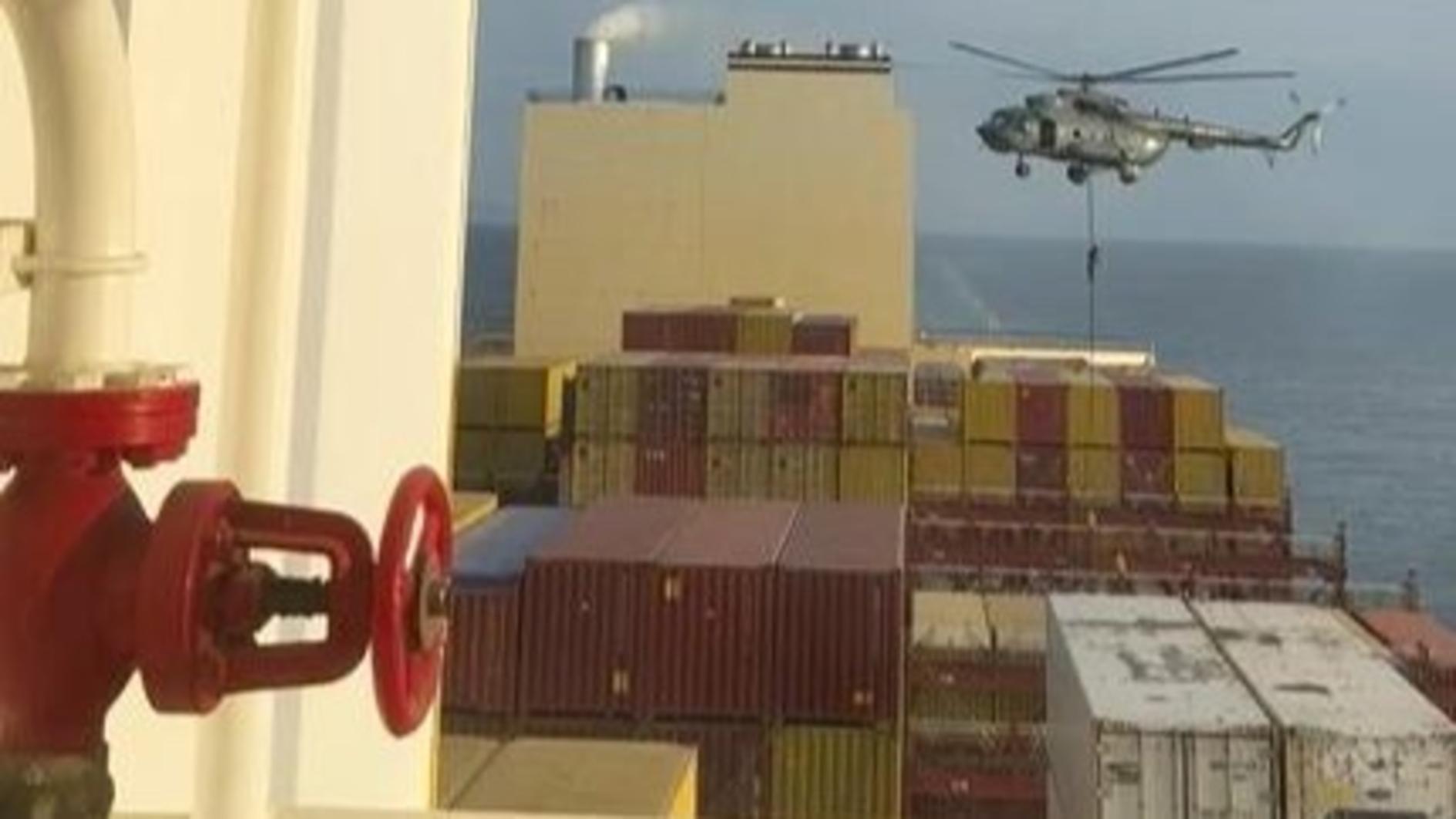Turkey’s G20 presidency and corruption
As of Monday, Dec. 1, Turkey took over the presidency of the G20 from Australia. About 15 days ago, Turkey announced in Brisbane that its priorities would be investment, energy, trade, participatory development, climate change, SMEs and integrating developing countries into the world economy.
However, there is one more issue that was dropped “into its lap”: Corruption.
According to World Bank research, the amount of money that goes to bribes in one year is up to $1 trillion, which is the equivalent to one fifth of the world’s gross national income. The cost of corruption to the European Union economy is estimated to be 120 billion euros annually. This is why the G20 countries are laying their hands on this.
The two-year Anti-Corruption Action Plan accepted at the 2012 G20 summit in Toronto was renewed in the last summit in Brisbane. The plan contains more systematic measures against corruption, spreading further with sophisticated methods. As a result, Turkey is co-responsible with the U.S. for implementing the plan.
So, when four former Cabinet ministers whose names are involved in the Dec. 17, 2013 corruption scandal were called to testify at the parliamentary commission and a media ban was imposed on their statements, is it not ironic that Turkey has undertaken such a commitment?
There is also a recent corruption and bribery report prepared by the Turkish Industry and Business Association (TÜSİAD), which says corruption increases costs by 10 percent. The report is based on a survey, which revealed that those who think there is no corruption or bribery in the business world are only 22 percent.
Corruption is mostly in the transportation, construction and accommodation sectors. Bribery, on the other hand, is more frequent in small and medium sized companies, rather than big companies. According to the survey, SMEs come across both bigger bribe demands and more frequently.
As TÜSİAD head Haluk Dinçer emphasized, the losses created by corruption not only affect the economy, but the entire society. Corruption damages confidence in the system and disrupts the sense of justice.
As a matter of fact - as the TÜSİAD report revealed - the belief that corruption will not decrease, but rather increase, is dominant in Turkish society. So, it is indeed now a source of curiosity what kind of leadership Turkey will show regarding corruption as the head of the G20, at a time when it is struggling with such an important issue. We will all see this together.
Meanwhile, Turkey also has to take into consideration an important warning from renowned Professor Daron Acemoğlu of the Massachusetts Institute of Technology, who is currently visiting Istanbul.
Acemoğlu, who with his colleague James Robinson co-authored the book titled “Why Nations Fail,” draws attention to the fact that in Turkey, the levels of the current account deficit, uncertainty and corruption are too high.
“Foreign capital, as long as liquidity is high, is not afraid. It does not react for now. But as in Russia, it can explode any moment,” he warns.











